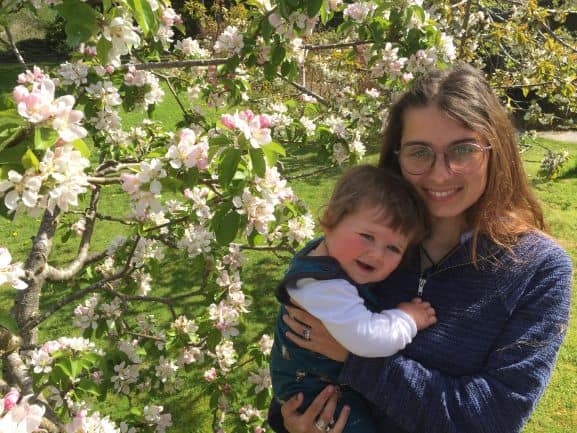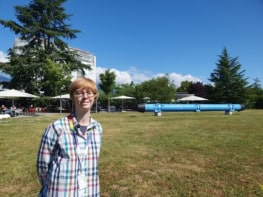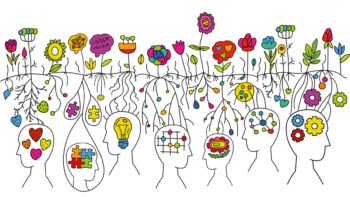Rose Waugh is a final-year PhD student at the University of St Andrews, UK, where she studies stellar magnetic fields for low-mass stars. If you want to compare notes about parenting as a PhD student or early-career researcher, you can contact her at rw47@st-andrews.ac.uk or on Instagram (@astrophysics_rose).
This post is part of a series on how the COVID-19 pandemic is affecting the personal and professional lives of physicists around the world. If you’d like to share your own perspective, please contact us at pwld@ioppublishing.org.




